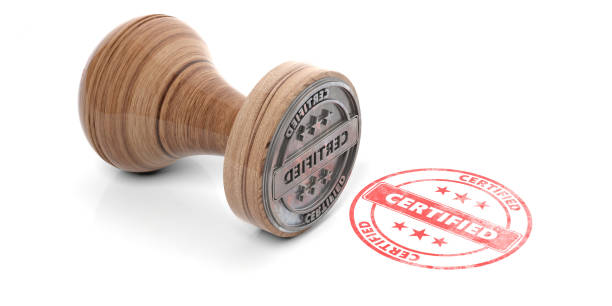In the midst of the fast-paced, digital era, where electronic signatures and virtual transactions dominate, there exists a traditional yet enduring symbol of authority and professionalism – the company stamp. Often considered a relic of the past, this small but mighty tool continues to hold significant relevance in the corporate landscape. In this article, we delve into the profound significance of company stamps, exploring their historical roots, multifaceted uses, and the timeless elegance they bring to modern business practices.
A Glimpse into History:
The origins of company stamp can be traced back to ancient civilizations, where seals and imprints were used to authenticate documents. Wax seals embossed with unique designs were pressed onto scrolls, letters, and contracts to signify approval and authorization. Over time, this practice evolved, and the traditional wax seal transformed into the more practical, yet equally symbolic, company stamp.
Practical Uses of Company Stamps:
- Document Authentication: At its core, the primary function of a company stamp is to authenticate documents. By imprinting the stamp on contracts, agreements, and other official papers, businesses create a visible and tangible mark of approval, instilling confidence in the validity of the document.
- Legal Validity: In many legal systems, the use of a company stamp adds an extra layer of legal validity to documents. It serves as a formal acknowledgment that the document has been duly approved by the authorized representatives of the company, contributing to its legal recognition.
- Formalizing Transactions: Company stamps play a vital role in formalizing various transactions within a business. Whether it’s approving invoices, confirming receipt of payments, or endorsing critical paperwork, the stamp acts as a formal seal of approval, adding an element of professionalism to business dealings.
- Corporate Branding: Beyond its functional aspects, the design of a company stamp often incorporates the company logo or a distinctive identifier. This not only reinforces corporate branding but also transforms the stamp into a recognizable symbol of the company’s identity.
- Banking and Financial Processes: In financial transactions, company stamps are frequently used to endorse checks, confirm fund receipts, or authorize financial documents. The stamp not only streamlines financial processes but also serves as a security measure, ensuring the legitimacy of transactions.
Timeless Elegance in the Modern Era:
In an age where digital signatures and virtual approvals have become the norm, the company stamp continues to hold relevance for various reasons:
- Formal Requirements: Certain jurisdictions and industries still require physical marks of approval on documents. The company stamp fulfills these formalities, ensuring compliance with legal and regulatory requirements.
- Global Business Practices: In the global business arena, where practices may vary, the company stamp provides a universal symbol of formality and authenticity. It serves as a common ground, bridging cultural and procedural differences in diverse business environments.
- Cultural Significance: In some cultures, the act of stamping a document holds cultural and symbolic significance. It goes beyond a mere formality, signifying respect, commitment, and the weight of an agreement.
Conclusion:
As the corporate world continues to evolve, the company stamp stands as a timeless reminder of tradition, formality, and authenticity. Its historical roots, combined with its practical uses and the touch of corporate branding, make it a small yet powerful symbol in the modern business landscape. In an era of technological advancement, the company stamp retains its timeless elegance, serving as a testament to the enduring traditions that shape the essence of corporate professionalism.













